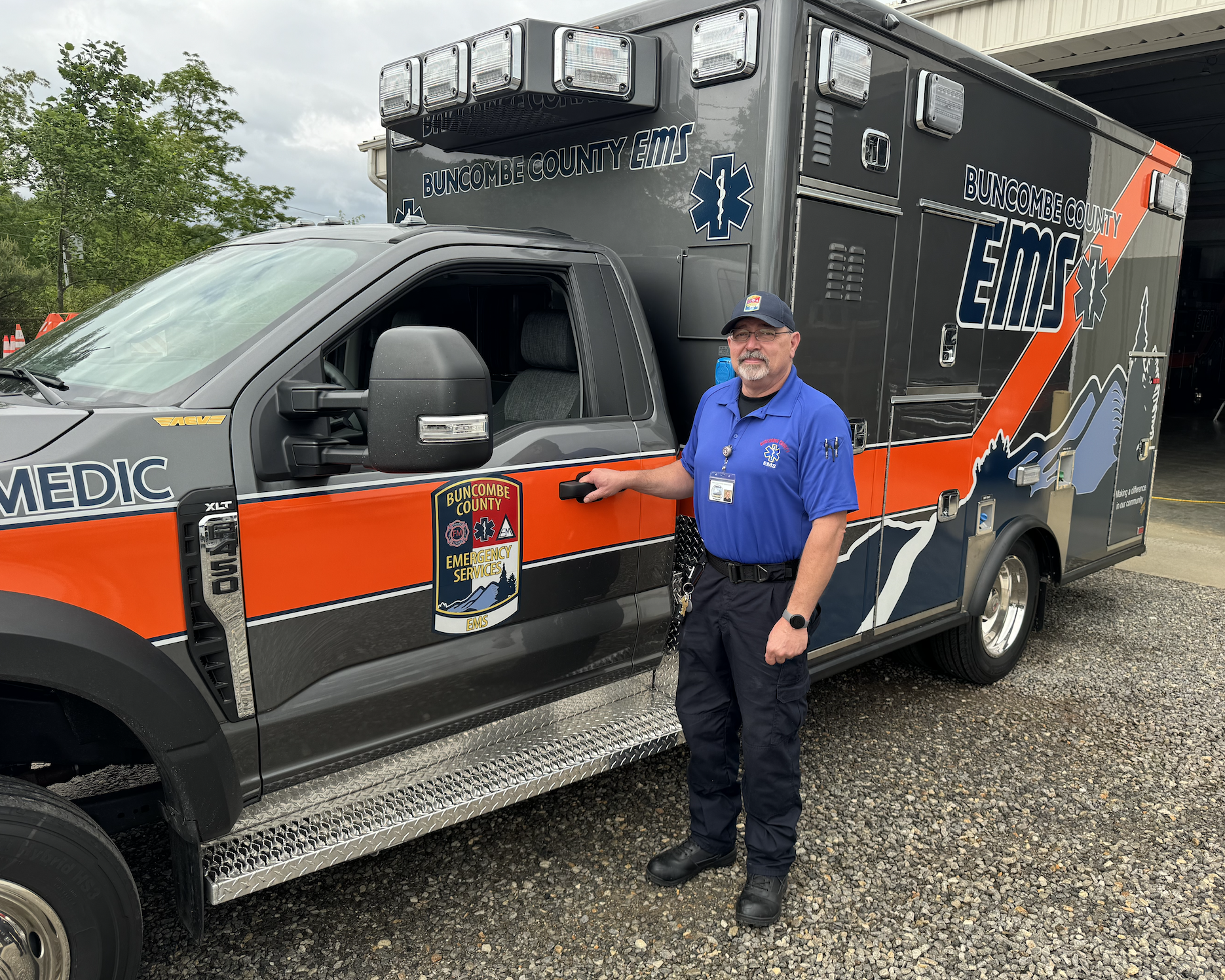Editor’s note: As part of Xpress’ Spring Nonprofit Issue, we asked residents to send in accounts of their volunteer work with local nonprofits. See all 12 responses in this week’s print edition.
Frederick Carl DeTroia is a volunteer at Big Brothers Big Sisters of Western North Carolina, a nonprofit that matches mentors with children facing adversity.
Xpress: When and why did you begin volunteering for Big Brothers Big Sisters?
DeTroia: I began in 2007 or 2008. I thought that I might make a small difference in a young person’s life.
What do you do at the nonprofit and what keeps you returning to the volunteer position?
I am now seeing my second Little in the “in-school program.” I have found that working with a young person has been both challenging and rewarding. My hope is that I might make a difference in a person and family’s life. For me, the ability to listen, share and encourage are the keys to helping the Little. At my age, I will not see the long-term result. Each Little comes from different circumstances. My Little is in third grade, and we get together once a week in his school’s library. I enjoy going to the school and meeting his teacher, the librarian and guidance counselor. For me, the hope for our future is in our children.
What do you wish you’d known prior to starting?
I received great training from BBBS. The one disappointment was a few Bigs dropped out after just starting.
What do you tell folks who are interested in volunteering but have yet to commit?
You need to be sure before you commit. Most Littles have had adults drop out of their lives. Many retirees try something and then drop out for whatever reason.
The need for Bigs — both male and female — has far outpaced the demand. When a person volunteers, he or she is vetted. The volunteers are then matched with a Little and then placed either in the school or community program by the BBBS organization. Training is provided. A Big is required to commit for a minimum of a year to his or her Little. Most of the Bigs want to stay with the Little as long as possible because it is that long-term, reliable relationship that develops over time where one can hopefully have a major impact on a young person’s life.





